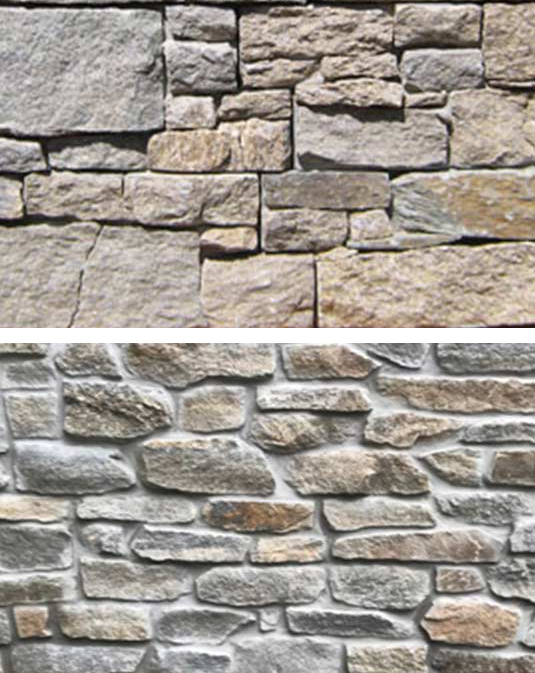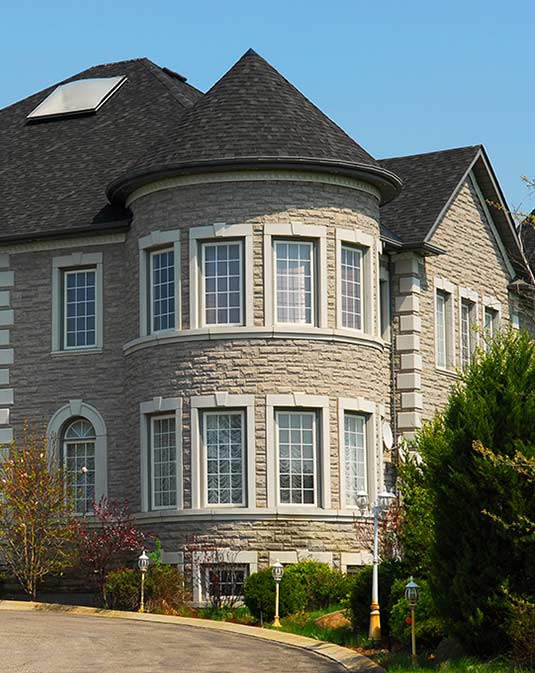

Manufactured stone veneers can offer a realistic aesthetic, especially from a distance. There is also a wide variety of styles, patterns, and colors to choose from whether you’re looking to try match the real thing or embrace the man-made appearance.
Cultured stone veneer does not stand up against the authenticity of natural stone. As natural stone veneer is a quarried product, there are no two pieces the same
As man-made cultured veneers have advanced in appearance, the cost-saving benefit of high-quality manufactured cladding products over natural stone has been virtually eliminated.
The costs to transport both natural stone and manufactured cultured stone veneer are relatively similar even though the man-made cladding is slightly more lightweight.
Depending on the type of cladding product you choose, the installation cost of manufactured stone can be slightly less due to the repetitive method of installation.
The maintenance cost of natural stone is generally less than the man-made product as it can easily be pressure washed clean. Most manufactured stone will not be able to withstand high pressure or manual scrubbing so is more labor intensive.
One of the main considerations when choosing between manufactured stone cladding and natural stone veneer is the durability of the product. Both products are considered to fare well, however, there are some differences between the two’s performance long term.
As many of the natural stone cladding ranges are considered less porous than manufactured stone, this can enhance their durability. Manufactured stone can deteriorate over time, especially when exposed to natural elements such as rain, sunlight, dirt, and wind.
Perhaps one of the main differences between natural stone veneer and manufactured stone cladding when it comes to durability is its performance under sunlight. As manufactured stone is typically tinted with a paint, the colors will fade and discolor after being exposed to light over a few years. This is particularly the case in outdoor applications. If color is a driving factor in choosing a cladding material, natural stone veneer should be your first preference.
Both cladding materials are highly versatile whether you are using the stone to create impact with a feature wall or to complete your façade.
One of the main advantages of using a manufactured stone veneer is that it can be fixed to a variety of substrates that do not need to be structural such as masonry or wood frame. This is because they are the lightest option of the two.
However, man-made stone does come with a limitation of where the cladding is best installed. Exposure to elements such as harsh chemicals can cause the veneer to deteriorate over time. Most manufactured stone veneers will not be the best option to use in or around swimming pools, for example, as chlorine can cause the product to discolor and weaken. This could lead to water damage and affect the structural integrity of the substrate it is adhered to.


